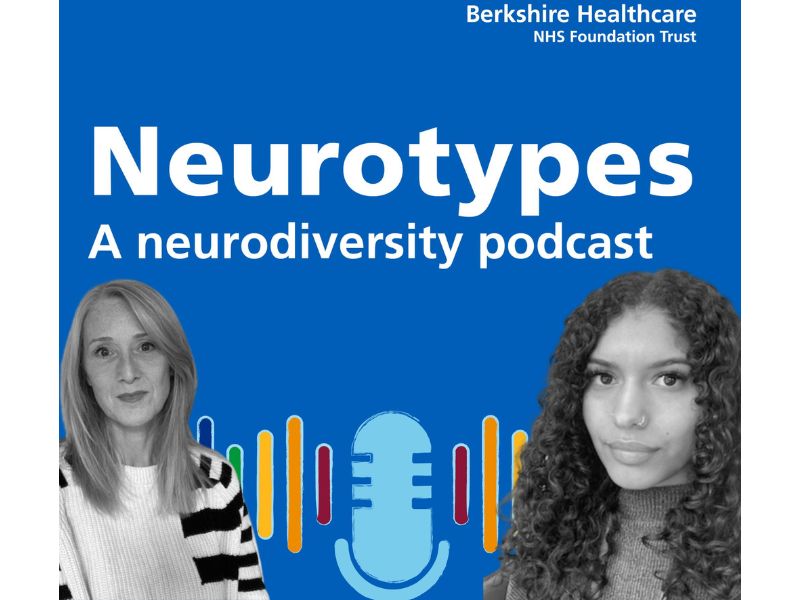At Mental Health First Aid England, we want organisations to empower employees to bring their whole self to work.
That includes background, sexuality, religion, gender, physical and mental health. We know that teams are at their most effective and creative when everybody feels psychologically safe and is seen, heard and valued.
We recently asked 2,000 employees whether they were able to bring their whole self to work. Through this research we wanted to explore whether people felt safe to share their identity in the workplace. The results were revealing. Since 2020, the number of employees who said they were able to bring their whole self to work has declined by 5%, from 66% to 61%.
When we don’t feel comfortable sharing parts of ourselves and our identity it hinders our wellbeing, creativity and performance. This impacts people in different ways. For example, women in the workplace may feel they have to conceal parts of their identity, health or personal lives to progress or protect their role. For those with intersecting identities, for example, Black women and People of Colour, and those who are LGBT+ or disabled, the challenges only increase.
By putting diversity and inclusion at the centre of mental health and wellbeing, we can drive positive transformation in mental health and performance. This helps people feel more engaged, think more boldly and work more effectively together.
On the other hand, many employers talk to us about the challenges of getting men to open up about their mental health. We could share statistics highlighting challenges for lots of groups and individuals. The important piece is how we can change it. We must create inclusive cultures where people and organisations thrive together.
My Whole Self
To help employers embed this change, MHFA England developed My Whole Self, the campaign for workplace culture change. It supports organisations to celebrate and embrace diverse identities and experiences and create psychologically safe workplaces.
At its core, psychological safety is about trust and respect. It means colleagues listen without judgement, leaders model vulnerability, and policies demonstrate fairness and dignity for all. It also means that everyone feels safe calling out behaviour that does not contribute to an inclusive culture.
The highest performing workplaces are supportive and inclusive. By putting diversity and inclusion at the centre of mental health and wellbeing, we can drive positive transformation in mental health and performance. This helps people feel more engaged, think more boldly and work more effectively together.
How can leaders deliver inclusive environments?
Employers must prioritise workplace wellbeing and inclusive environments through a proactive and preventative approach. Senior leaders positively impact employees’ experiences in the workplace by creating wellbeing policies that form part of a wider strategic organisational approach to psychological safety at work.
Where possible, measures should include flexible work arrangements to promote work life balance, mental health resources, clear two-way communication channels, and signposting to further support. Mental Health First Aiders who are trained to spot the signs of mental ill health and help people to seek further help play one key role, as do Employee Assistance Programmes. What is important is that there’s no one-size-fits-all approach because everyone and every workplace is different, and what is offered should reflect this.
The My Whole Self: Guide to creating inclusive workplace cultures has everything an employer needs to get started. From selfies to activities and guidance docs, it supports you to proactively create workplaces where everyone is seen, heard, and valued and where wellbeing and productivity go hand in hand.
This is not just a nice to have, it is a business, and human, necessity. Indeed, a Forbes study showed diverse teams deliver 60% better results.
More advice on how to create inclusive workplace cultures can be found here.
 About the Author
About the Author
Alicia Nagar joined MHFA England in 2022, and is currently Head of People, Wellbeing and Equity. Alicia is a workplace mental health and wellbeing specialist, a mental health first aid trainer and HR expert.









